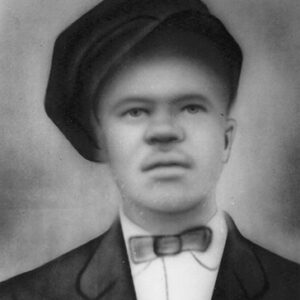 "Son" Bettis
"Son" Bettis
Gender: Male
 "Son" Bettis
"Son" Bettis
Betts, Louis L.
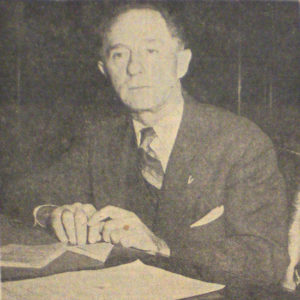 Leslie Biffle
Leslie Biffle
Biffle, Leslie L.
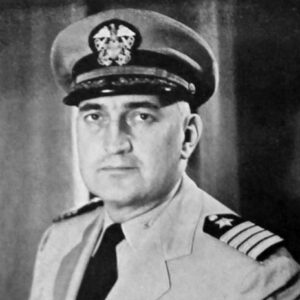 Edward B. Billingsley
Edward B. Billingsley
Billingsley, Edward Baxter
Billy, John (Execution of)
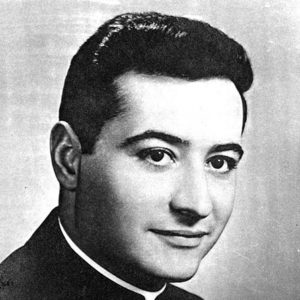 Joseph Biltz
Joseph Biltz
Biltz, Joseph Henri
Binns, William (Execution of)
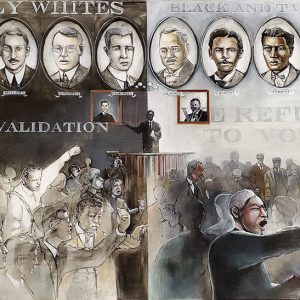 Black and Tan Republicans
Black and Tan Republicans
Black and Tan Republicans
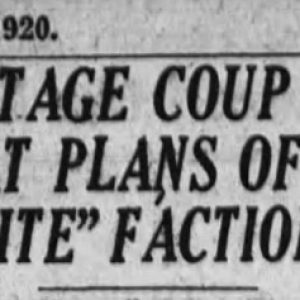 Black and Tan Republicans Article
Black and Tan Republicans Article
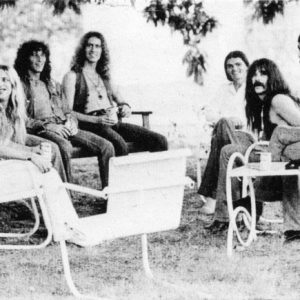 Black Oak Arkansas
Black Oak Arkansas
Black Union Troops
aka: African American Union Troops
aka: United States Colored Troops
Black, Daniel
 Daniel Black
Daniel Black
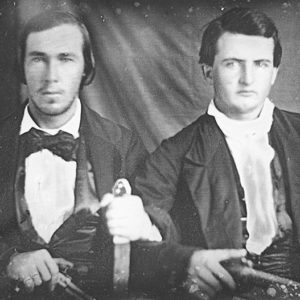 James Black & Jacob Buzzard
James Black & Jacob Buzzard
Black, James
Black, John Charles
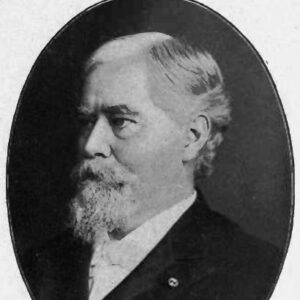 John C. Black
John C. Black
Black, Pickens W., Sr.
Black, William (Execution of)
aka: Henry Black (Execution of)
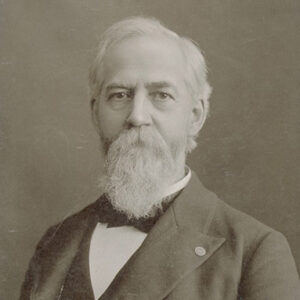 William Perkins Black
William Perkins Black
Black, William Perkins
Blackburn, Sylvanus
Blackmon, Douglas A.
 Douglas A. Blackmon
Douglas A. Blackmon
 Marlon Blackwell
Marlon Blackwell
Blackwell, Marlon Matthew
Blackwood, Dwight Hale
Blade, Maxwell
 Maxwell Blade
Maxwell Blade
 Paul Barr Blair
Paul Barr Blair
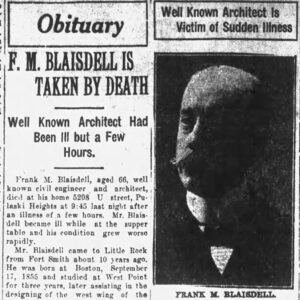 Frank Blaisdell Obituary
Frank Blaisdell Obituary
Blaisdell, Frank M.
Blake, Charles E.
 Charles Blake
Charles Blake
Blakely, Joe (Lynching of)
Blalock, Jerry (Execution of)
Bland, Hugh M
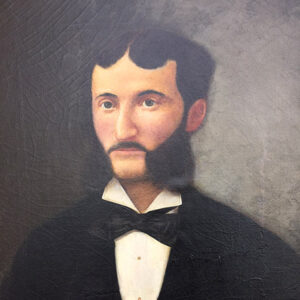 Gus Blass
Gus Blass
Blass, Gustave (Gus)
Blass, Noland
Blazes, Albert (Lynching of)
aka: Albert Blades (Lynching of)
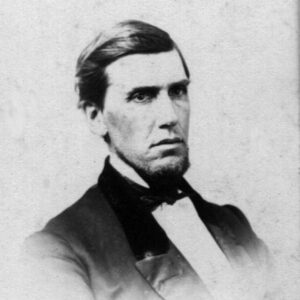 Calvin Bliss
Calvin Bliss
Bliss, Calvin Comins
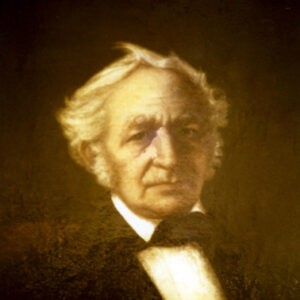 Abraham Block
Abraham Block




